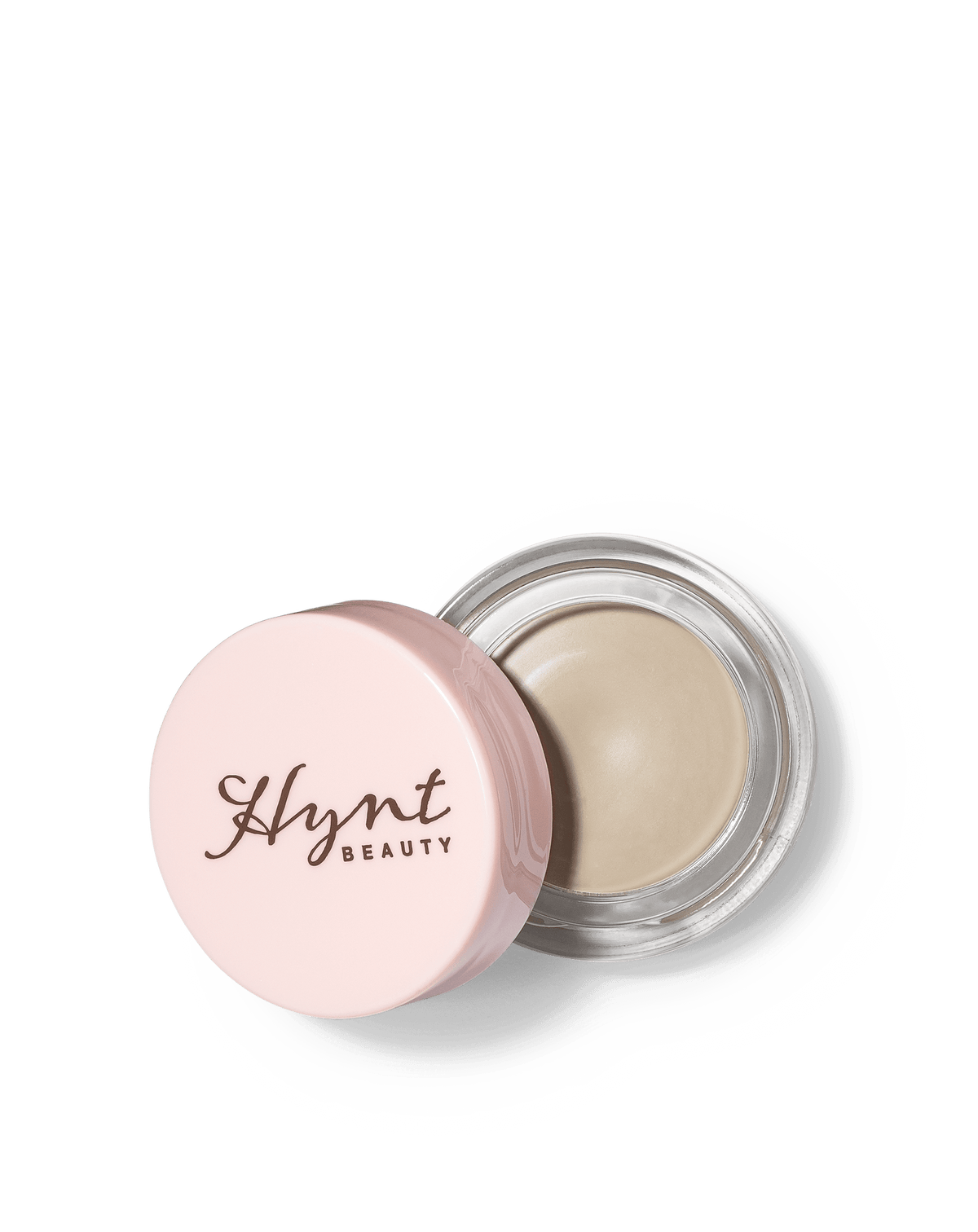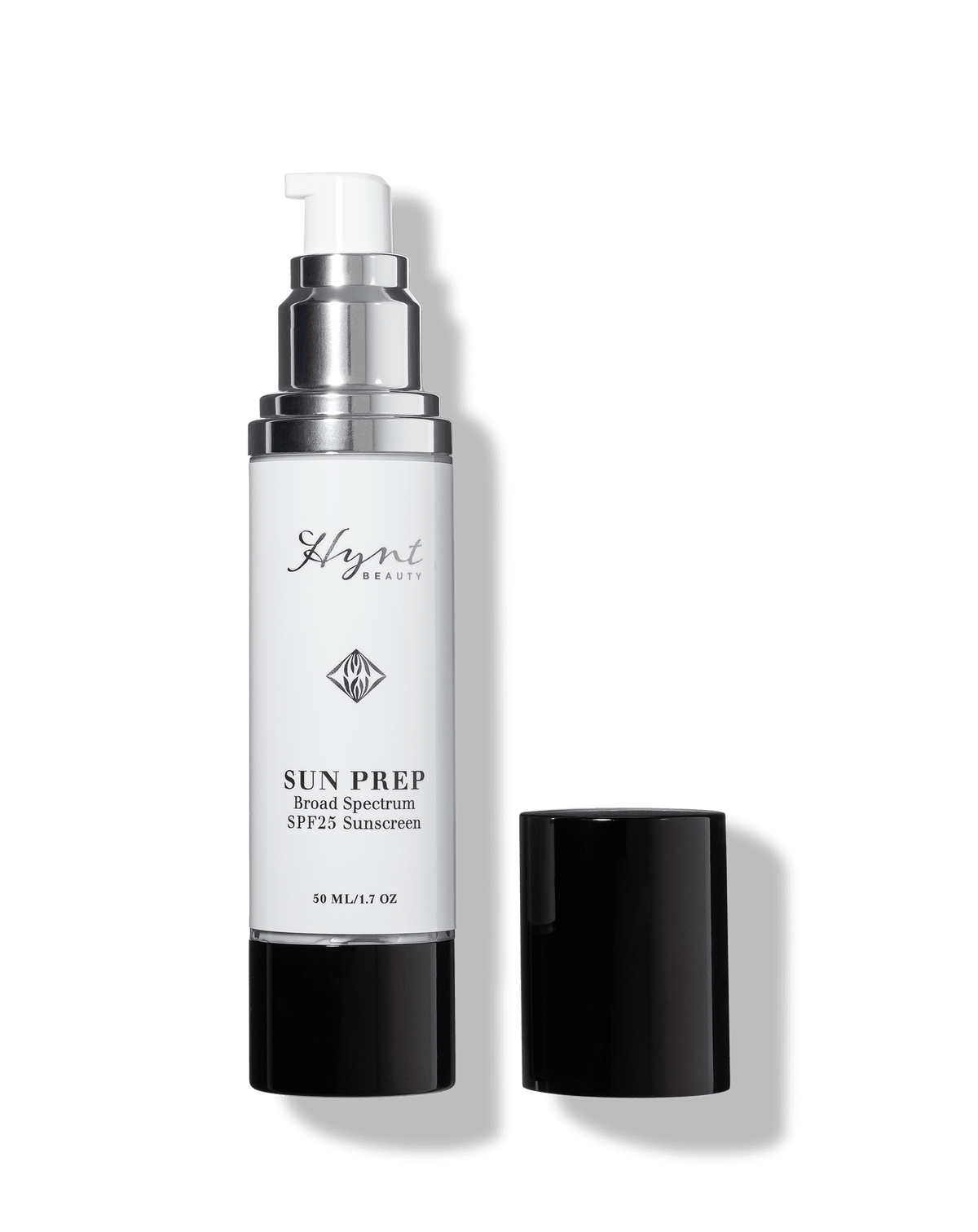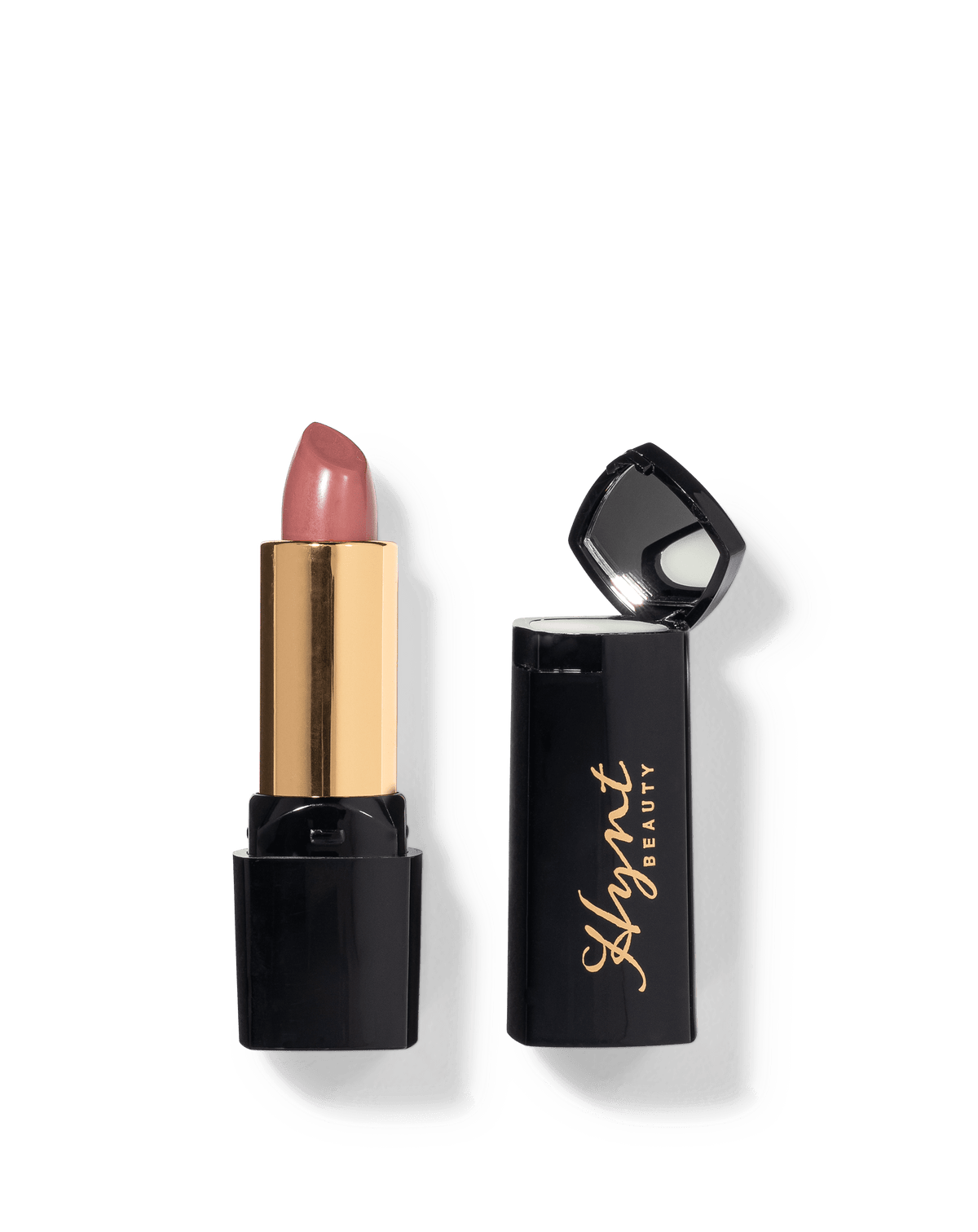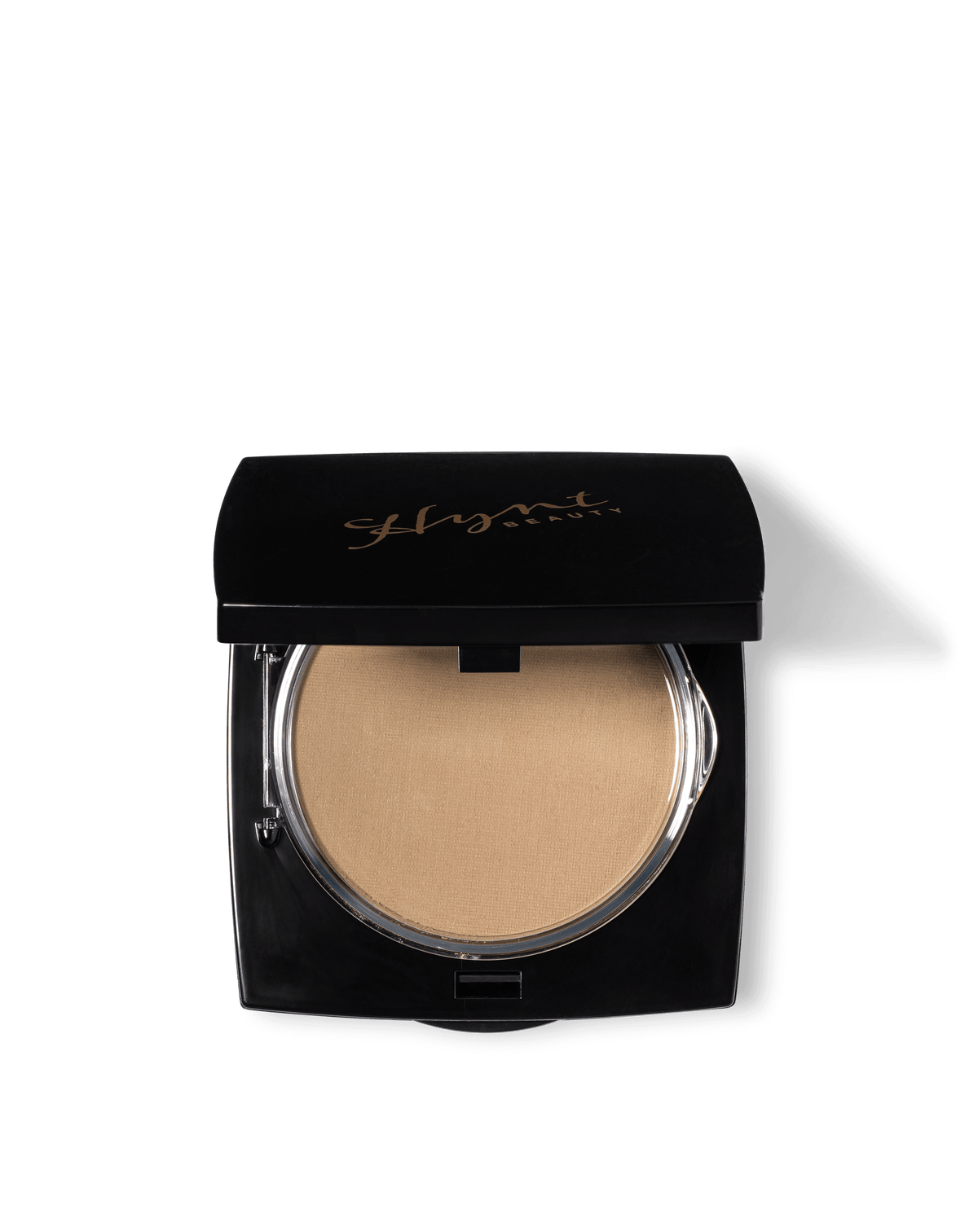
It’s no secret that the Food and Drug Administration (FDA), though they may be in charge of regulating cosmetics, are extremely behind on ingredient testing and updating safety guidelines for skincare and makeup. One area where they have been cracking down is marketing claims. Sounds like technical industry stuff? Unfortunately, what you don’t know (or in this case, read) may be disadvantageous to your skin.
When it comes to marketing, the FDA has some strict, albeit ambiguous, guidelines where cosmetics are concerned. Many beauty brands, large and small, are coming under fire for misleading claims on their websites, product packaging, blogs, and anywhere else they talk about their products.The main issue is the difference between cosmetics and over-the-counter (OTC) drugs. The FDA defines a cosmetic, excluding soap, as a product “intended to be applied to the human body for cleansing, beautifying, promoting attractiveness, or altering the appearance”. A product that claims to “treat or prevent disease or otherwise affect the structure or functions of the human body” is considered a drug. This means sunscreens are considered OTC drugs in the U.S.

In order for a skincare or makeup product to bear claims that it can heal or cure a skin condition it must go through specific clinical trials, and this can be costly and time consuming for smaller companies to conduct. Our Sun Prep Broad Spectrum SPF25 undergoes proper testing by an accredited independent lab.
This may sound like a boon for consumers. But for authentic green beauty brands, it hinders what we can tell you about the good ingredients, too. For example, a natural ingredient may be shown to improve skin issues in those dealing with acne but it is not in compliance with FDA regulations to say a product or ingredient can physically alter, cure, or treat the skin. You can see how this not only limits brands with integrity from displaying the full list of benefits of their products and the ingredients they use but keeps their customers from knowing about them too.
In the most basic terms, all cosmetic creators can say about their cosmetic products are that they are meant to improve the look and feel of skin. The product formula may include ingredients that many feel go beyond these terms but it goes against FDA regulations to say so in any brand marketing materials, from ad copy right down to social media posts.
Why are we telling you this?

First of all, because we value our customer loyalty and want to give back to you not only with our highly curated formulations, but with knowledge. We get that the green beauty world can be murky and our mission is to help you learn along the way with us.
Secondly, we want you to know that we work very hard to comply with FDA marketing guidelines and take any measure we see fit to ensure we are delivering the best experience to you through transparency and trust. It’s also an eye-opener when shopping for natural cosmetics. If you see a brand that is saying their products or ingredients they use will cure a skin condition or physically alter the skin, you know they are not FDA compliant and may want to take a deeper look into their ingredient standards.
If you have questions or concerns over cosmetic labeling requirements and FDA regulations, please get in touch and we will do our best to help.




0 comments